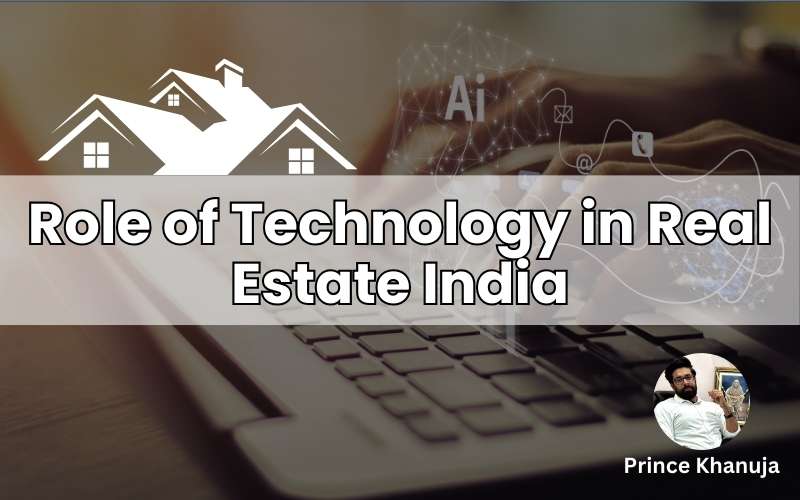Introduction: The Digital Transformation of Real Estate
The real estate industry is undergoing a significant transformation due to technology. Innovative solutions are reshaping how properties are bought, sold, and managed. This digital evolution is enhancing efficiency and creating new opportunities for stakeholders.
Virtual Tours and Augmented Reality
Virtual tours have revolutionized property viewing. Prospective buyers can now explore homes from the comfort of their own spaces. Augmented Reality (AR) takes this further, allowing users to visualize changes and furnishings in real time. These technologies save time and provide a more immersive experience.
Big Data and Market Analysis
Big data is a game-changer for real estate market analysis. It helps in predicting trends and making informed decisions. By analyzing vast amounts of data, real estate professionals can identify lucrative investment opportunities and understand market dynamics better.
Blockchain for Secure Transactions
Blockchain technology is enhancing the security and transparency of real estate transactions. It ensures that all parties have access to the same information, reducing the risk of fraud. Blockchain also simplifies the process by automating contracts and record-keeping.
Smart Homes and IoT Integration
Smart homes are becoming increasingly popular. The Internet of Things (IoT) allows homeowners to control various aspects of their homes remotely. From security systems to energy management, IoT devices offer convenience and efficiency, making properties more attractive to buyers.
AI and Machine Learning in Real Estate
Artificial Intelligence (AI) and Machine Learning (ML) are transforming real estate practices. These technologies help in automating tasks such as property valuation and customer service. AI-driven chatbots can provide instant responses to inquiries, enhancing customer satisfaction.
Sustainable and Green Technology
Sustainability is a growing concern in real estate. Green technology, such as solar panels and energy-efficient appliances, is becoming a standard feature. These innovations not only reduce environmental impact but also lower costs for homeowners, making properties more appealing.
Digital Marketing and Online Platforms
Digital marketing is crucial for reaching a broader audience. Online platforms and social media are powerful tools for listing properties and attracting buyers. Virtual staging and 3D modeling enhance online listings, making them more engaging and informative.
Conclusion: Embracing the Future of Real Estate
Technology is undeniably reshaping the real estate landscape. From virtual tours to blockchain, each innovation brings unique benefits. By embracing these advancements, the real estate industry can offer enhanced services, greater transparency, and improved customer experiences. The future of real estate lies in the seamless integration of these technologies, driving progress and efficiency.




